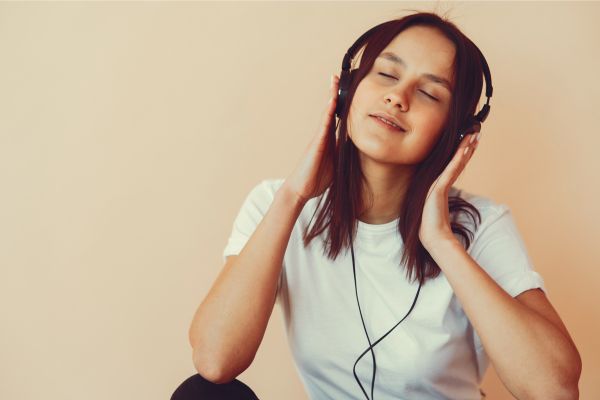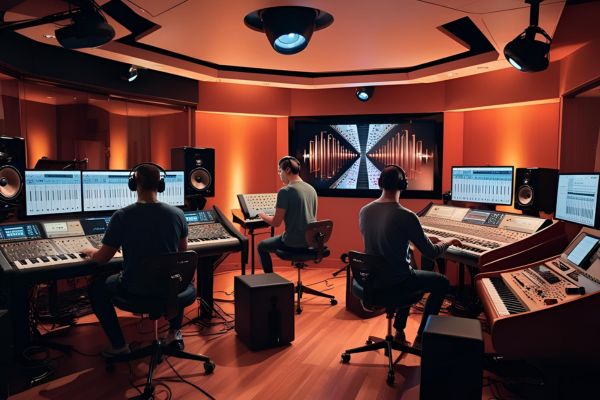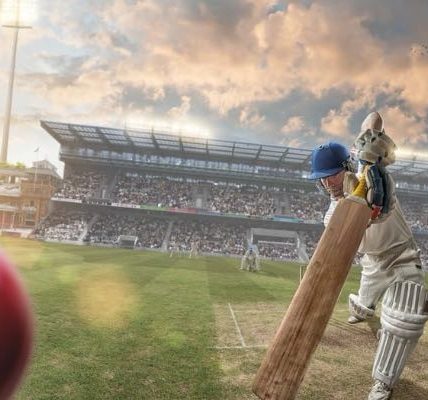Music has always been a deeply human art form, shaped by emotions, culture, and personal experiences. But with artificial intelligence now capable of composing symphonies, pop songs, and even jazz improvisations, a new question arises: Will AI replace human composers? While AI-generated music is evolving rapidly, the role of human creativity in music composition remains unique in ways that algorithms struggle to replicate.

How AI Generates Music
AI-generated music relies on machine learning models trained on vast datasets of musical compositions. These models analyze patterns, harmonies, and structures across different genres, enabling them to create original pieces that sound surprisingly human-like. Technologies such as OpenAI’s MuseNet and Google’s Magenta use deep learning to generate melodies and accompaniments that can mimic the styles of famous composers or even blend multiple genres seamlessly.
One of AI’s biggest strengths is its ability to compose music quickly. While a human composer may take days or weeks to create a song, an AI can produce an entire album in minutes. This efficiency has made AI a valuable tool for background music in video games, films, and advertising.
The Rise of AI-Generated Music in Composition
AI-Generated Music has been gaining traction thanks to machine learning models trained on vast musical datasets. Tools like OpenAI’s MuseNet, Google’s Magenta, and AIVA (Artificial Intelligence Virtual Artist) can compose pieces in the style of Bach, Beethoven, or modern pop artists with stunning accuracy. AI-Generated Music analyzes existing compositions, identifies patterns, and generates melodies, harmonies, and even lyrics that sound remarkably human-like.
Streaming platforms and advertisers are already using AI-Generated Music to save costs. AI-based music generators can create royalty-free compositions in seconds, reducing the need for traditional composers in some commercial applications. As a result, industries that once relied heavily on human musicians for soundtracks and jingles are now experimenting with AI-powered alternatives.

The Role of AI in Music Production
Beyond composition, AI is increasingly used in music production. AI-powered software can assist with mixing, mastering, and even improving vocal recordings. For example, AI-enhanced plugins analyze sound frequencies to optimize the audio quality, making it easier for musicians to produce professional-sounding tracks.
Additionally, AI is revolutionizing the way artists experiment with music. AI-Generated Music Platforms allow musicians to input certain parameters—such as mood, tempo, or instrumentation—and receive AI-generated compositions tailored to their specifications. This can help artists overcome creative blocks and explore new musical ideas.
The Limitations of AI-Generated Music
While AI-Generated Music has made impressive strides, there are still challenges that prevent it from fully replicating human composition. AI can analyze patterns and generate melodies, but it lacks personal experience, emotional depth, and cultural context—elements that often make music deeply meaningful.
Human composers bring originality and intentionality to their work, often pushing creative boundaries by breaking traditional rules. Throughout history, innovation in music has come from experimentation and intuition—qualities that AI currently struggles to emulate. While AI can produce music that sounds polished and structured, it is still evolving in its ability to create compositions that resonate on a deeply personal and emotional level.

AI as a Tool, Not a Replacement
Rather than replacing composers, AI is becoming a powerful tool for musicians. Many artists are incorporating AI-generated elements into their compositions, using algorithms to inspire new melodies, generate backing tracks, or refine harmonies. For example, Grammy-winning artist Taryn Southern used AI to co-compose her 2018 album, I AM AI, demonstrating how AI can augment human creativity rather than replace it. Similarly, film and game composers often use AI to generate orchestral backgrounds that are later refined by human musicians.
Music producers also use AI to analyze market trends and predict what kind of music will resonate with listeners. This data-driven approach can help artists fine-tune their work for commercial success while maintaining their unique artistic voice.
The Future: Collaboration Between AI and Human Composers
The future of music likely lies in collaboration rather than competition. AI can handle repetitive and time-consuming tasks, allowing composers to focus on creativity and emotional storytelling. In live performances, AI-generated compositions could adapt dynamically to audience reactions, creating immersive musical experiences.
While AI may continue to evolve, human composers will always have an irreplaceable role in shaping music’s emotional and cultural landscape. The soul of music—the stories, struggles, and passions behind every note—remains deeply human. Instead of replacing composers, AI-Generated Music will serve as an innovative assistant, pushing the boundaries of what is possible in music creation.



